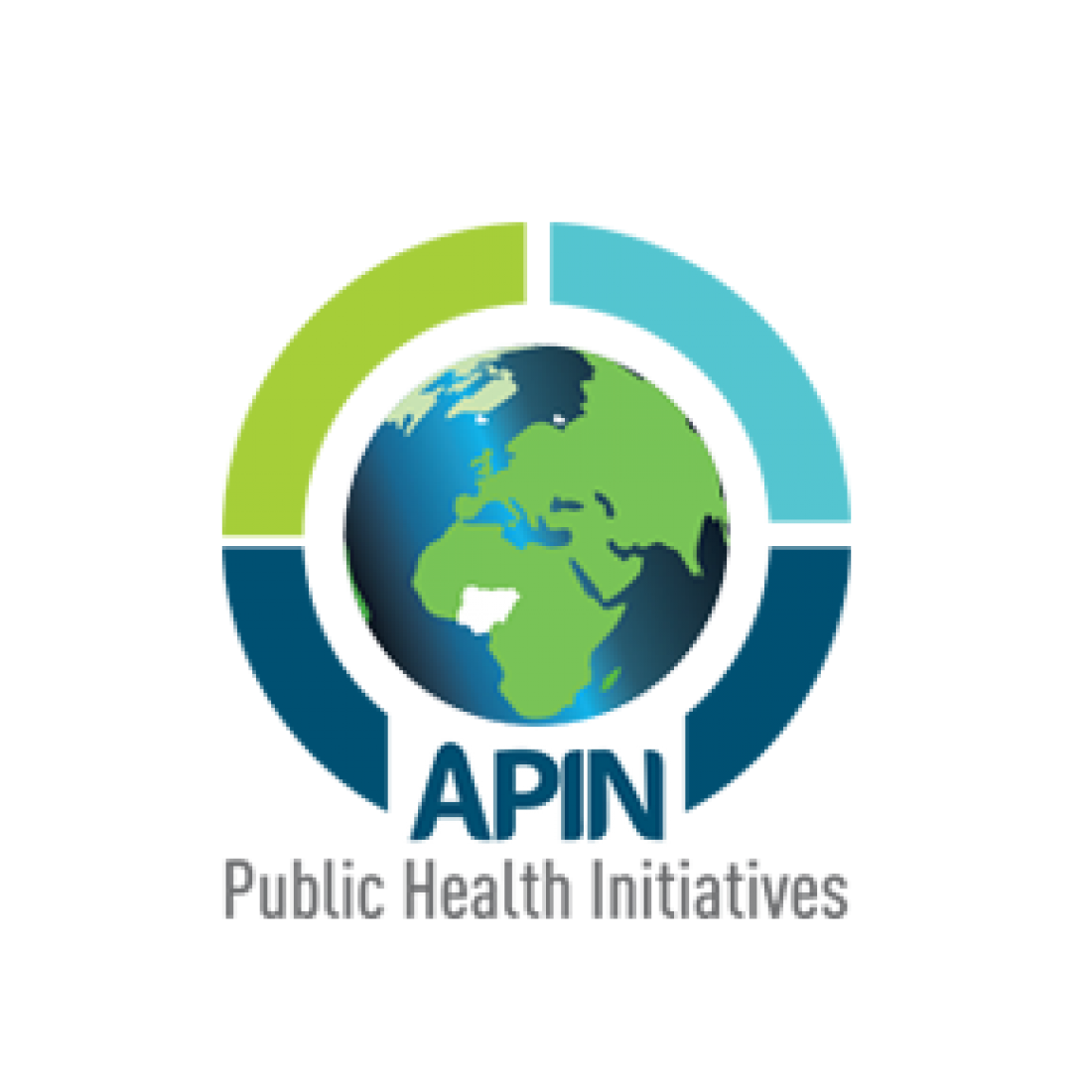The chief executive officer of APIN Public Health Initiatives, Dr Prosper Okonkwo, has enjoined the federal government and other stakeholders to integrate HIV into services for non-communicable diseases (NCDs).
He made the call yesterday in Abuja during the organisation’s annual symposium.
He said there was growing evidence that integrating HIV and NCD services would go a long way towards improving care and ensure long and quality lives for persons living with HIV.
He added that it was critical to monitor and evaluate the integration delivery of HIV and NCD services to determine the impact of integration on the quality of health care.
North is bleeding from bombs, bandits, hunger – Sheik Yabo
Sokoto probe panel: I’m ready to return vehicles auctioned to me – Former dep gov
Dr Okonkwo said that over the years, APIN’s commitment to quality HIV programming had continuously evolved to address the health priorities of its clients.
He said, “As HIV therapeutics advance, many of these patients are living into old age, increasing the burden of multi-morbidity resulting from the aging phenomenon and possibly HIV infections and therapeutics.
“Our programme data shows that more than half of people living with HIV under our care are over 30-40 years of age, with a high prevalence of hypertension, diabetes and other NCDs, such as renal diseases, cervical cancer and mental health issues.
“In response to this emerging trend, APIN Public Health Initiatives has a measure to consolidate its current HIV-NCD service integration programme,” he said.
He said the NGO presently has over 380,000 active people living with HIV who are receiving Anti-retroviral drugs across its 460 supported health facilities in five states in Nigeria.
The Co-ordinating Minister of Health and Social Welfare, Prof Muhammad Pate, who was represented by the Director of Public Health of the ministry, Dr Chukwuma, Anyaike, said the ministry was committed to integrating HIV into NCDs services.
He said there was need for collective engagement and expert contributions to ensure a healthier and higher-quality life for people living with HIV in the country.
Dr Barango Prebo, the acting team lead for NCD at WHO Africa’s Regional Office, harped on the need for a transformative approach that recognizes the individual as a whole, allowing health care workers to integrate services effectively while addressing the double burden and co-morbidities between HIV and NCDs.
He said hypertension was an NCD risk factor in Africa, adding that there is high prevalence affecting 1 in 3 adults, with 80 per cent unaware or not receiving treatment

 Join Daily Trust WhatsApp Community For Quick Access To News and Happenings Around You.
Join Daily Trust WhatsApp Community For Quick Access To News and Happenings Around You.

